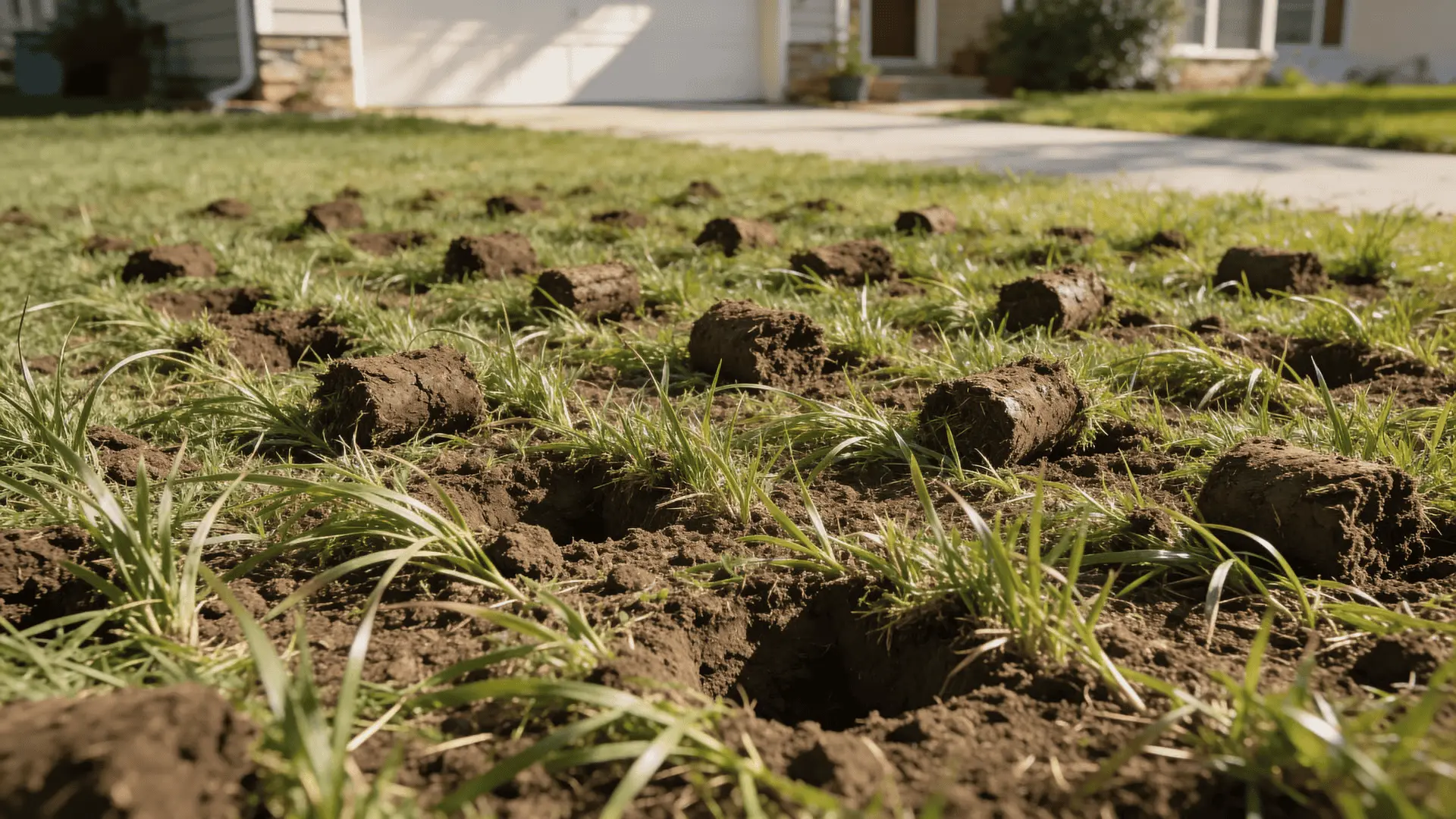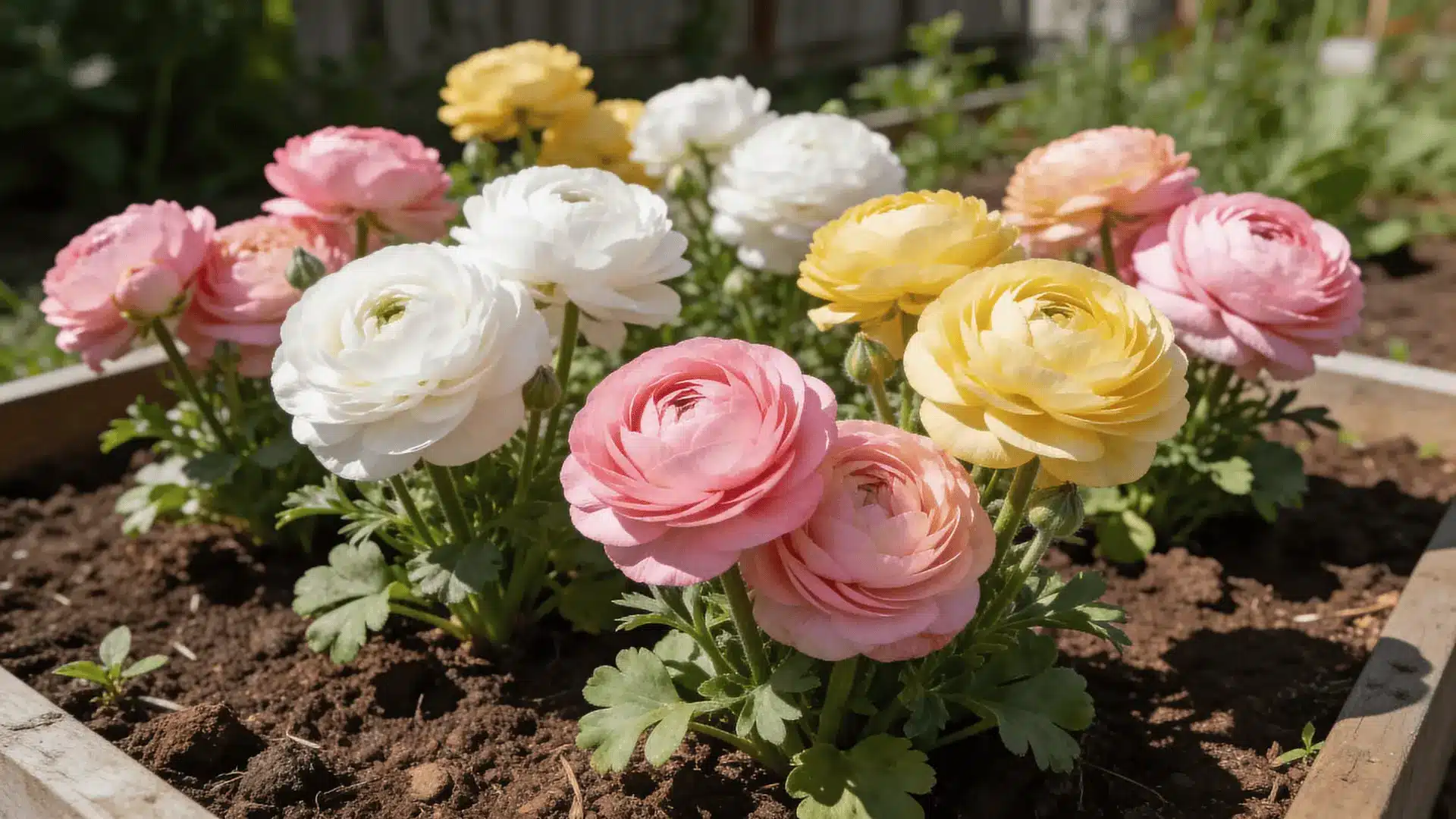The Gulf Coast is known for its temperate climate, lush palm trees, and warm beaches. However, this coastal paradise also comes with its fair share of pests, particularly mosquitoes!
These pests are more than a nuisance; they’re also a valid health concern, capable of transmitting diseases like West Nile virus, dengue fever, and Zika. If you want to turn your backyard into a true vacation retreat, effective mosquito control is absolutely essential.
The right solution targets all fronts of the problem, from eliminating mosquito breeding grounds to creating environments inhospitable to these pests. Learn how to reclaim your outdoor space and enjoy the Gulf Coast’s unique charm without the mosquito bites.
Address Issues With Standing Water
The first (and most critical) step is to address the standing water in your yard; this is a prime breeding ground for mosquitoes. Species like Aedes aegypti, also known as the yellow fever mosquito, and Aedes albopictus, the Asian tiger mosquito, can multiply quickly in the smallest areas of standing water.
Regularly check these areas for standing water, emptying them accordingly:
- Flowerpots
- Saucers
- Buckets
- Children’s toys
Check the exterior of your home for clogged gutters; these channels collect debris and standing water, becoming a prime breeding ground for mosquitoes. Clean out your gutters regularly and ensure there’s proper exterior drainage, including downspouts.
Do you have a pond or a pool in Myrtle Beach?
You need a proper filtration system and reliable experts in Myrtle Beach, SC Pest Control. For example, mosquito dunks can make a significant difference. They release a bacterium that’s lethal to mosquito larvae but harmless to humans.
Create Mosquito Repellent Barriers In Your Yard
After addressing pest breeding grounds in standing water, you’ll need to create a repellent barrier. There are chemical-based repellents and natural alternatives.
The most recognizable alternative is citronella. Many homeowners in the Gulf Coast install Citronella torches or light candles to naturally ward off mosquitoes. You can also plant pest-repellent plant species in your yard for added protection. Popular plants include:
- Citronella grass
- Lemon balm
- Catnip
- Lavender
- Marigolds
The oils from these plants naturally deter pests! Plant these mosquito-repellent plants in your garden or pots on your patio. Consider buying pest-repellent essential oils, including lemongrass or peppermint; add a few drops into an oil diffuser, placing it on a porch table or deck.
You can also apply repellents directly to your skin. Look for EPA-registered topicals that contain DEET, picaridin, or essential oils like lemon eucalyptus.
Make Your Yard Unfriendly to Mosquitoes
The next step is to turn your yard into a less hospitable environment for mosquitoes, also known as mosquito-proofing.
If you watch closely, you’ll notice that mosquitoes are not the strongest fliers, making outdoor fans an effective preventative measure against these pests. Position the fans on your patio to create a breezy zone, warding away mosquitoes.
Reduce the number of mosquito hiding places in your yard. Gulf Coast mosquitoes are attracted to cool, damp areas with overgrown vegetation. Make sure to do the following regularly:
- Trim hedges
- Cut the grass
- Remove weeds
Keeping up with routine yard maintenance reduces the amount of shaded areas, making your yard less attractive to pests.
Similar to planting mosquito-repellent plants, you can also pest-proof your yard by adding plant life that attracts natural mosquito predators, including birds, bats, and dragonflies. Ideas include birdhouses, birdbaths, and bat boxes.
Remember to mosquito-proof the interior of your home by installing screens on windows and doors.
Types of Mosquitoes to Know
The Gulf Coast is home to more mosquito species beyond Aedes aegypti and Aedes albopictus.
For example, you have the Salt marsh mosquitoes, Aedes taeniorhynchus and Aedes sollicitans. These pests are known for their aggressively itchy bites and long-distance travel. Meanwhile, the Culex quinquefasciatus, known as the southern house mosquito, is found in urban areas of the Gulf Coast.
Understanding various species can help tailor your mosquito-proofing approach.
Timing also matters. Mosquitos are most active at dusk and dawn. Remember to wear light-colored clothing and long sleeves to prevent skin contact with mosquitoes.
Ramp Up Your Mosquito-Proofing Efforts
Make a checklist of action points to start mosquito-proofing your backyard and patio. Address standing water, use repellents, and maintain your yard to reduce mosquito gathering areas.
Fighting mosquitoes is a continuous effort, but the reward of enjoying a peaceful, bite-free evening under the stars is well worth it! Reclaim your outdoor sanctuary from these pests and embrace the true beauty of Gulf Coast living.








